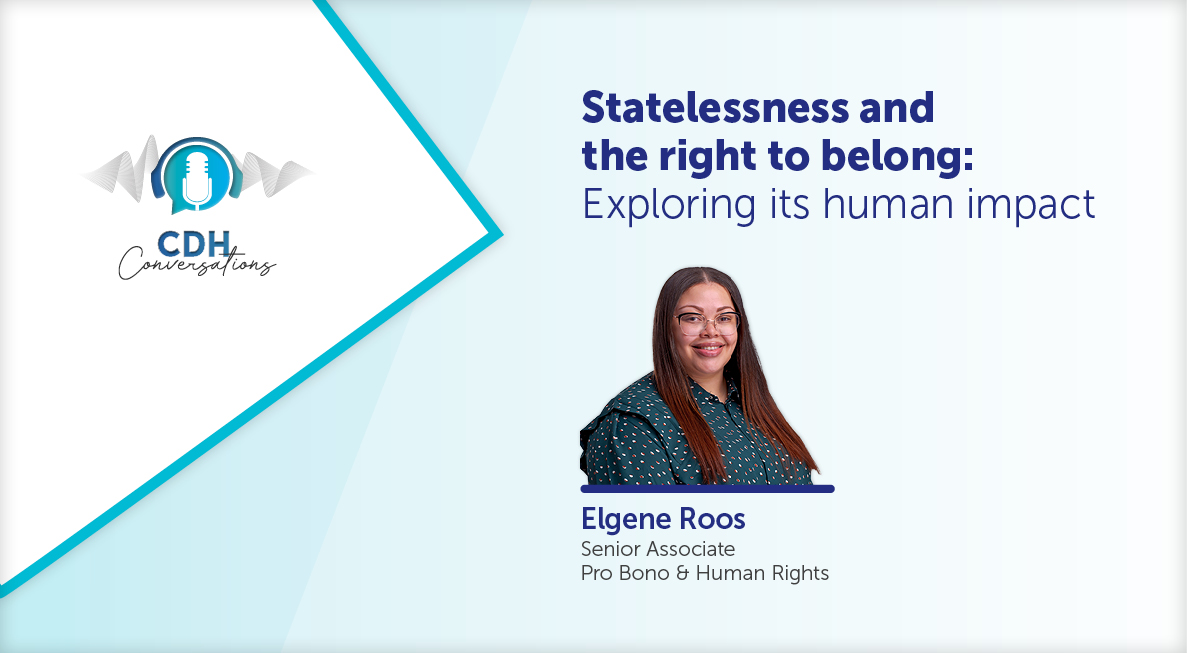Investing abroad? The foreign investment allowance is at your disposal
Where an individual wishes to transfer more than R1 million abroad during a calendar year, such person would have to make use of their foreign investment allowance (FIA), as dealt with in the Currency and Exchanges Manual for Authorised Dealers (AD Manual), which was most recently updated on 18 April 2019.
What is the foreign investment allowance (FIA)?
In terms of the FIA, South African resident individuals can transfer up to R10 million abroad during a calendar year, over and above the R1 million that can be transferred by making use of their SDA.
How does a person make use of the FIA?
In terms of section B.2(B) of the AD Manual, a South African resident individual must comply with certain requirements to make use of the FIA. The rules pertaining to the FIA are the following:
- A person must obtain a duly electronically completed “Tax Clearance Certificate – Foreign Investment Allowance” issued by the South African Revenue Service (SARS) bearing the SARS logo and specific background watermark must be presented to the branch of the Authorised Dealer, before funds can be transferred using one’s FIA;
- Only individuals who are taxpayers in good standing and are 18 years and older, may make use of the FIA for investment purposes abroad;
- No more than the amount reflected in the tax clearance certificate (TCC) may be transferred abroad. The TCC will only be valid for a period of 12 months;
- The format and content of the TCC is prescribed and no deviation therefrom whatsoever may be accepted;
- In terms of the SARS Tax Compliance Status System, a tax compliance status (TCS) letter will be issued to the applicant that will contain the applicant’s tax number and PIN. An Authorised Dealer must use the PIN to verify the applicant’s TCS via eFiling before effecting a transfer in terms of the FIA;
- The funds transferred abroad using the FIA may not be used to enter into a transaction or series of transactions that create a loop structure, that is, where the result is that the South African resident individual acquires an interest in an offshore entity, which in turn, holds interests in assets situated in the Common Monetary Area (CMA), including South Africa;
- Funds transferred abroad may also not be re-introduced into South Africa as a loan to a CMA resident;
- Unintentional loop structures created through the authorised use of the FIA, whereby funds invested with non-resident asset or fund managers, who invest in foreign companies that have CMA assets and/or offshore global investment funds that directly or indirectly hold CMA investments over which the South African investor has no control, are permitted; and
- Individuals that make use of their FIA may not enter into any transactions whereby capital or the right to capital is directly or indirectly exported from South Africa. In other words, they may not enter into a foreign commitment with recourse to South Africa. However, private individuals may raise loans abroad to finance the acquisition of foreign assets without recourse to South Africa, but may only use authorised foreign assets as collateral in such instances.
Practical considerations
From a practical perspective, applicants will first have to apply to SARS to obtain the TCC referred to above. In order to obtain the TCC, taxpayers will have to submit an application, comprising information and supporting documentation required by SARS, to confirm their TCS. The TCS application must be submitted to SARS via eFiling and must comply with, among other things, s256 of the Tax Administration Act, No 28 of 2011. In the application, applicants will have to, among other things, indicate the source of the funds that they want to transfer abroad and provide proof of this. For example, if the funds transferred abroad were derived from the sale of immovable property, an applicant will have to provide proof of this.
Once the TCS application has been approved, the applicant can request SARS to issue a TCC as proof that the TCS application was approved, which can then be presented to the relevant Authorised Dealer.
The information and material published on this website is provided for general purposes only and does not constitute legal advice. We make every effort to ensure that the content is updated regularly and to offer the most current and accurate information. Please consult one of our lawyers on any specific legal problem or matter. We accept no responsibility for any loss or damage, whether direct or consequential, which may arise from reliance on the information contained in these pages. Please refer to our full terms and conditions. Copyright © 2026 Cliffe Dekker Hofmeyr. All rights reserved. For permission to reproduce an article or publication, please contact us cliffedekkerhofmeyr@cdhlegal.com.
Subscribe
We support our clients’ strategic and operational needs by offering innovative, integrated and high quality thought leadership. To stay up to date on the latest legal developments that may potentially impact your business, subscribe to our alerts, seminar and webinar invitations.
Subscribe




